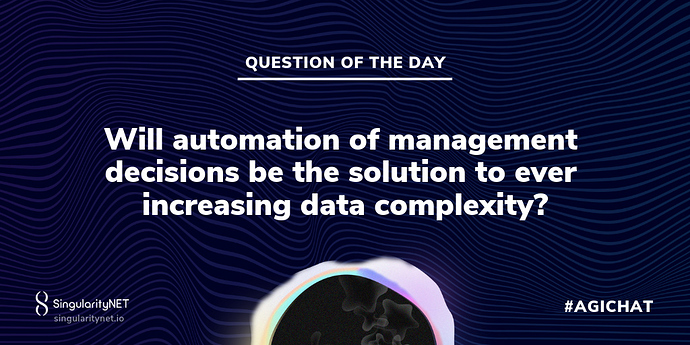Our world is changing and becoming ever increasingly complex. Innovative solutions are required to overcome the challenges of this dynamism.
Complexity arises from both within and outwith systems. Internally modern hardware, e.g. super-scalar processors, and external sources include the requirements for adapting already successful systems. Complexity is inescapable – unless we are willing to reduce our dependence on computers and to forgo the benefits they bring us. This raises the issue of how we control, or simply cope with, ever-increasing complexity.
The Roots of Complexity
What is perhaps most important to understand about complexity is that it is, to a large extent, unavoidable.
There are two reasons why this is so, the first is accretion. We build initial systems to perform a limited number of tasks. Yet to get those systems to scale, we need to build on top of them to expand their initial capabilities. As the system gets larger, it gets more complex.
The second force that leads to complexity is interaction. We may love the simplicity of our iPhones, but we don’t want to be restricted to its capabilities alone. So we increase its functionality by connecting it to millions of apps. Those apps, in turn, connect to each other as well as to other systems.
So while it’s natural to yearn for a simpler existence, we still want to connect to Yelp to find a nice place where we can have a quiet beer and contemplate our spartan values. Then we want the app to connect to Google Maps so we can find that island of tranquillity without getting lost and to Uber so we can get there easily.
We like connecting to those things because it makes our lives simpler and more hassle-free, but in the process of doing so, we access a complicated ecosystem of algorithms, servers, satellites and other technology. As Alfred North Whitehead wisely advised, "Seek simplicity but distrust it."
The Story Of Technology
The story of technology is one of the continuous embedding of simple truths. We lived for two millennia under the false promises of Euclidean geometry and Aristotelian logic. We took faith in the notion that the universe would abide by those seemingly timeless laws. So when those myths were shattered in the late 19th century, we tried desperately to plug the holes.
Yet it was not to be. Non-euclidean geometry helped lead to Einstein’s theories, quantum mechanics and a far stranger universe than we ever imagined. Broken logic led directly to Gödel, Turing and the machines we call computers. Those computers are now leading to something else, the strange biology of Hillis’s entanglement.
So what are we to do? Arbesman suggests that rather than yearning for a simpler, tamer world, we should take proud pleasure in the complexity we uncover with our creations, much as we would with a precocious child. Like Camus’ Sisyphus, we need to fill our hearts with the struggle, knowing that it is within that struggle that we find true purpose.
So on today’s #AGICHAT we discuss:
#AGICHAT #futurism #artificialintelligence #debate #singularitynet #emergingtechnologies #futureofgovermance #decentralisation #dao


